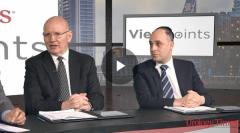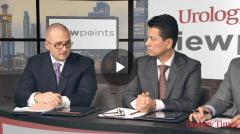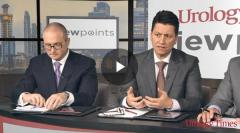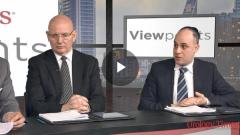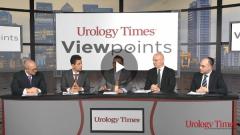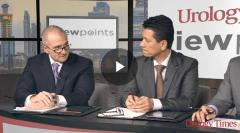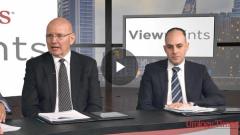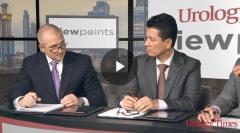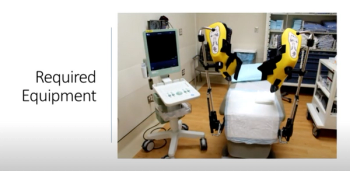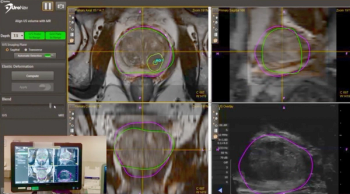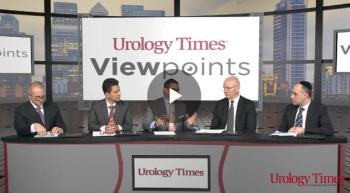
Oral LHRH Treatment for Prostate Cancer
Episodes in this series

[Transcript]
Raoul Concepcion, MD, FACS: I think there are more and more data, and it’s going to be interesting to follow this, especially now that potentially within the next year or 2 we may actually have an oral LHRH antagonist. Paul, I know you were on the clinical trial looking at this. Tell us a little about this new potential oral LHRH antagonist, which I believe just reported some data out recently.
Paul Sieber, MD: The investigators did. They just reported their phase III data, and I think the interesting thing was everything we’ve done to this point has been injectable therapy. If someone takes it out of the patients’ hands-in terms of compliance or other interactions that an oral might bring to the table-but the data on relugolix were that it did maintain testosterone and it did adequately castrate, that is tremendously exciting. Secondly, a little different in the head-to-head study here of this versus a standard superagonist was that recovery was much faster. Onset is rapid; recovery is faster.
As mentioned earlier from Gordon Brown, what’s that mean with cardiovascular? I think 1 of the limitations of our current injectables is they’re short-acting. That is, there’s only a 1-month depot, and that’s somewhat of an annoyance for patients with longer-acting depots available in the superagonist category. But now we have an oral that would totally go around that, so it’s really going to be interesting to see how that plays out. Then again, it’s an oral agent, which brings insurance issues to the forefront in the US because suddenly you’re taking drugs that are generally Medicare Part B and introducing a new drug that is Medicare Part D, which is going to be an interesting hurdle to overcome.
Raoul Concepcion, MD, FACS: I think that to wrap up this segment, it’s important that we are becoming more and more aware of ADT. There are going to be new choices. There are going to be new therapies. But we need to be very cognizant of the adverse-effect profiles and what they mean, given that ADT continues to be the foundation for all advanced therapeutics moving forward.
Panelists:
- Raoul Concepcion, MD, FACS, Vanderbilt University School of Medicine, Nashville, Tennessee
- Jahan Aghalar, MD, Board-certified Hematologist and Oncologist, New York, New York
- Gordon Brown, MD, Rowan University School of Osteopathic Medicine, Glassboro, New Jersey
- Jorge Garcia, MD, Cleveland Clinic, Cleveland, Ohio; Jonathan Henderson, MD, Regional Urologist, Shreveport, Louisiana
- Paul Sieber, MD, Penn Medicine Lancaster General Hospital, WellSpan Ephrata Community Hospital, Lancaster, Pennsylvania
Newsletter
Stay current with the latest urology news and practice-changing insights — sign up now for the essential updates every urologist needs.

